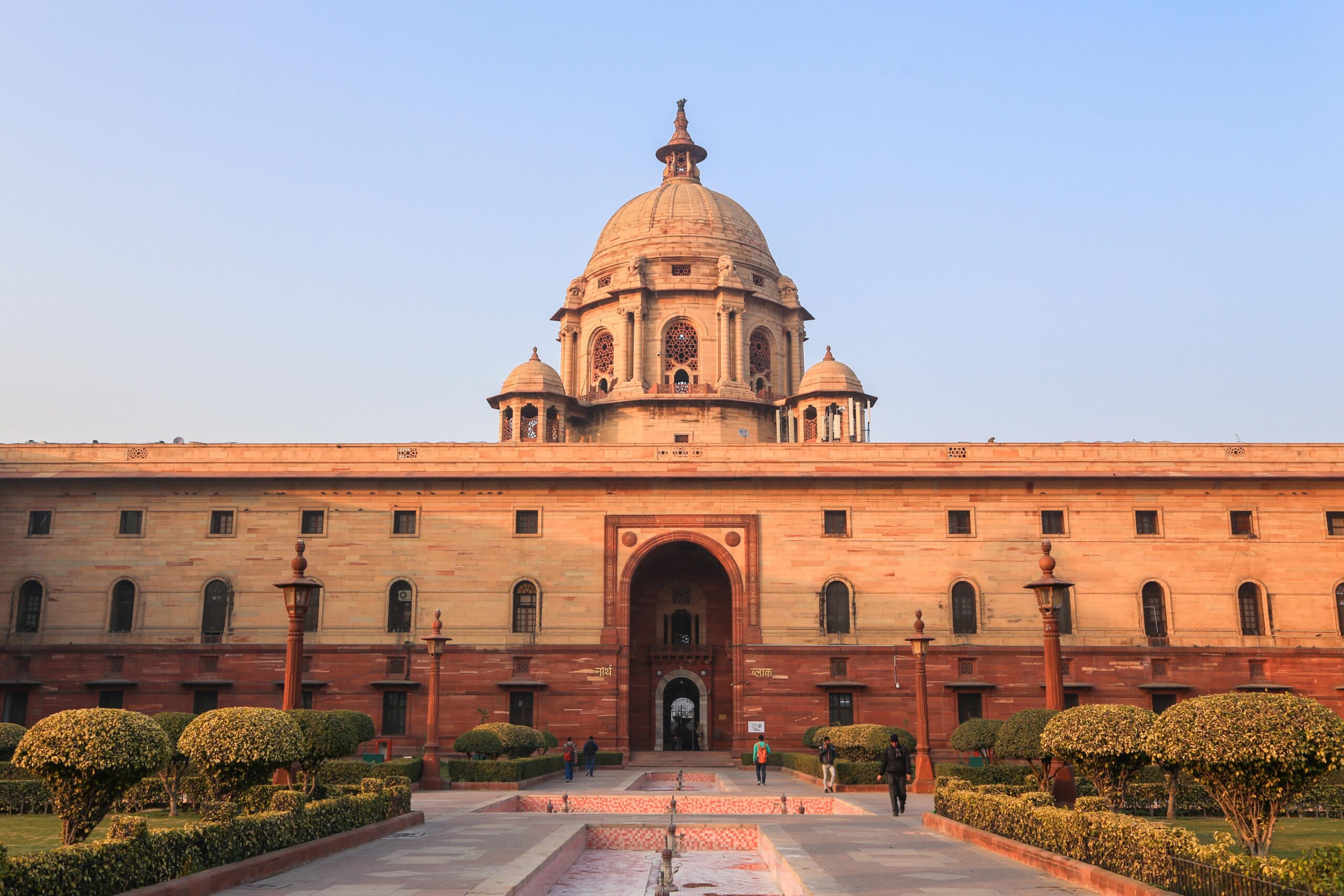India ranks 148th out of 193 countries in terms of representation of women in politics. Suppressed by deeply entrenched patriarchy, women make up only 9 percent of all ministers in India. But studies have shown that increasing their participation in politics leads to better governance, and quotas will help.
Indian politics has a women representation problem. As per the Women in Politics 2017 Map, launched recently by the Inter-Parliamentary Union (IPU) and UN Women, India ranks 148th out of 193 countries in terms of representation of women in politics.
India does better than its South Asian neighbours but fairs poorly when compared to other developing countries. Even though women make up approximately 50 percent of the population, their contribution in policymaking and in governance at the Centre and state levels is severely low. As per the World Economic Forum, the number of women ministers has declined steadily over the course of the last two years in India – from 23.1 percent in 2019 to 9.1 percent in 2021 – and the share of seats that women have in Parliament is an abysmal 14.4 percent.
To remedy this problem, the Women’s Reservation Bill was introduced for the first time in Parliament in 1996. Over the years, different versions of the Bill have been introduced. However, Parliament never reached a consensus to vote upon the Bill. The most recent version of the Bill was introduced in 2010 under the Manmohan Singh government as the 108th Constitutional Amendment Bill.
The 108th Constitutional Amendment Bill seeks to reserve one-third of the seats in the Lok Sabha and state legislative assemblies for women. Out of the reserved seats, one-third will be reserved for women from the Scheduled Castes (SCs) and Scheduled Tribes (STs), and the reservation will happen on a rotational basis, which means that in every general election, different constituencies will be reserved. The system would be in force for 15 years after the Bill becomes an Act.
However, the Bill lapsed with the dissolution of the Lok Sabha just like the previous times.
Criticism of the Bill
The Bill has been criticised for lack of clarity in implementation. For instance, in order to implement the reservation quota, the number of seats in the Parliament and state legislative assemblies must be increased. But there is no clarity on how many seats are needed. In 2005, the draft of the Bill as proposed by Sumitra Mahajan wanted 800 seats in the Lok Sabha. Later, it was decided by consensus that the strength of the Lok Sabha should be 900. However, it was not clear on what basis this increase will happen.
According to Article 81 of the Constitution, the composition of the Lok Sabha should represent changes in the population. However, the number of Lok Sabha seats has remained the same since the delimitation exercise that was carried out based on the 1971 Census. The 91st Constitutional Amendment extended the freeze on the expansion of Parliament seats till 2026, in response to concerns from South Indian states that increasing the number of seats according to population would result in lesser representation for the southern states.
Similarly, other issues will arise if there is no clarity on the implementation of this Bill, such as the issue of reservation of seats for SCs and STs. Lalu Prasad Yadav’s Rashtriya Janata Dal (RJD) has been one of the most vocal opponents of the Women’s Reservation Bill in its present form, along with the Samajwadi Party (SP), demanding reservation for women from the backward castes within the 33 percent, i.e. a reservation within reservation.
Why Do We Need the Bill?
Notwithstanding these technical complications, which can be easily overcome through political dialogue, the Bill is important in order to make Indian politics more inclusive.
At present, there is no legal provision to boost the inclusion of women in politics. The Election Commission has encouraged political parties to nominate women in one-third of the constituencies. However, this is dicey, because it is dependent on the women candidates winning all those seats to fulfil the 33 percent quota.
Women often don’t participate in politics because of the patriarchal mindset that excludes them from the electoral process. G. Manjula from the National Federation of Indian Women pointed out that, unlike in Delhi and Kerala, college girls with political ambitions are not nurtured and encouraged in states like Tamil Nadu. Also, aspiring female politicians are often judged unfairly – such as being criticised for their outfits. Recently, Uttarakhand Chief Minister Tirath Singh Rawat made lewd comments regarding women who wear ripped jeans.
Studies have also shown that male voters often rate male leaders higher than female leaders. However, this bias reduces over time if men are exposed to more women leaders under a quota system.
It can be argued that the Reservation Bill could be used by the established political dynasties for their own vested interests. Even though women have increasingly begun asserting their voice in politics, in reality, many women from political dynasties do not really exercise power. They are implanted merely as figureheads while the main decision-making power rests with the family or husband.
This is the reason why female politicians like Jayalalithaa had several admirers. She exercised power as per her own discretion, which attracted aspiring female politicians. The system must evolve to encourage more independent women leaders.
This will require measures beyond reservation. Social activist Anjali Bhardwaj has suggested that things can be improved for women if the government ensures that more data is available in the local language, so that tools like the Right to Information (RTI) could have more female applicants, and therefore, more women could participate in the political process.
Simultaneously, a provision can be added in the Reservation Bill, making it mandatory for political parties to give tickets to female candidates who don’t come from political families, at least in some constituencies.
Need of the Hour
UN studies have indicated that the involvement of women in politics has shown better results in governance. According to UN Women, Indian panchayats led by women have 62 percent more drinking water projects than those led by men. Stats like these break the conventional stereotype and show that women are as efficient as men in politics – and often better at delivering results.
And reservations have been proven to work. The 73rd and 74th Constitutional Amendments were introduced to reserve 33 percent of seats in local governments for women. Once these changes were implemented, participation of women increased from 4-5 percent to 25-40 percent, and this revolutionised women’s role in the panchayat system.
In the General Elections of 2014 and 2019, the Bharatiya Janata Party (BJP) promised to introduce the Women’s Reservation Bill. But despite winning brute majority both times, there is no consensus among BJP members to fulfil the promise. This is perhaps the only Bill that is backed by opposition parties like AIADMK, DMK, Congress, NCP, and the Left. Therefore, it would be in the best interests of the political class to set aside their differences and introduce and pass the Bill.
Pradyumn Mephawat is currently pursuing BBA LLB from Jindal Global Law School. He has a keen interest in history and international relations.


